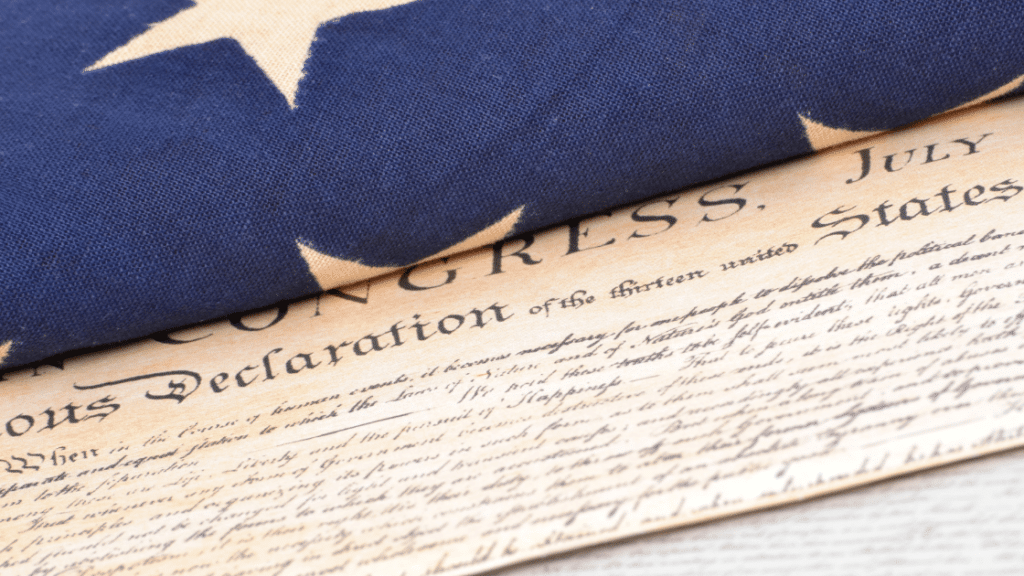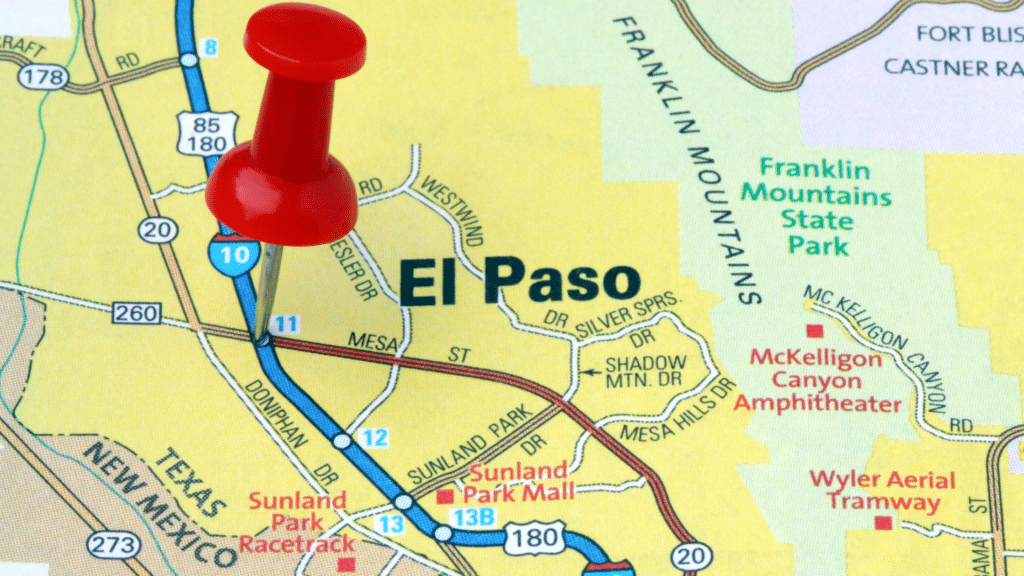
American Studies Course
If you are planning to relocate to the US or are already living here, you might be interested in a new American studies course that CORE Languages is offering! This course is intended to inform participants about American economic, social and political history and will be offered in 4 ten-week modules. All discussions and informational readings will be in English, and, although this is not an advanced English conversation course per se, it is almost certain to sharpen your English-speaking skills and add to your general knowledge of American culture and life.

During the study you will read and discuss the following over the course of the 4 ten-week sessions:
- Selections from Adam Smith’s Wealth of Nations, in particular his predictions for the rise of the American economy and his notion of the “invisible hand.” Now that roughly 200 years have elapsed since he published his work, it is interesting to see how his predictions have been born out and perhaps raise some questions about their accuracy.
- Selections from Thomas Jefferson’s writings on economics – details to be provided
- Selections from the Federalist Papers (#14 #39 on separation of powers, checks and balances)
- The Louisiana Purchase, discussion of negotiations, relevant financial facts; also the opening up of the American West (Lewis and Clark Expedition – excerpts from Ken Burns video)
- The Civil War and economic facts relating to it. Excerpts from Ken Burns film “The American Civil War”); discussion of abolitionism, selected texts from Frederick Douglas
- The California Gold Rush (1848), economic facts relating thereto, selected texts and videos as appropriate
- The Panic of 1870 and further westward expansion; the role played by the railroads in the economic development of the American West; the rise of Chicago as a major trading hub, selected texts and videos
- The Gilded age (1880-1900), economic developments, positive and negative, the Robber Barons, creation of a wealthy class and tie impoverishment of the working class
- The Theodore Roosevelt Era – Spanish-American War and the Conservation Movement, the establishment of the National Park system; Anti-Trust legislation, texts and video as appropriate
- American involvement in WWI, Wilson’s proposal for a League of Nations at Versailles - readings and videos as appropriate
- The “Roaring 20s” and the stock market crash of 1929; the ensuing depression and the toll it took on American lives; the Dust Bowl (excerpts from Steinbeck, Grapes of Wrath)
- The early settlement and economic development of California (Steinbeck), excerpts from Cannery Row (selected texts, videos)
- The Franklin Roosevelt Era, restoring the economy after the crash of 1929, the New Deal, (readings from Fireside Chats); 10 years of economic revival – Civilian Conservation Corps, balancing the interests of business and labor; Roosevelt and the US entry into WWII
- The post-war years in America – 1950s economic boom – expansion of business and industry (selected texts and videos as appropriate)
- The Vietnam War and the protests that stopped it, economic developments of the 1970s – YouTube; the origins of container shipping and its effect on world commerce
- The tech boom and economic expansion of the Reagan Era (1980s) – the party on Wall Street
- 9/11 – and economic shocks relating thereto; further economic developments of the millennium (2000-present); the Trump Era and the economic and governmental changes and shocks that have followed therefrom

It is assumed that everyone will bring their own insights and specialized expertise to the table. Participants should feel free to comment as they wish on the various economic principles and as well as the socio-cultural facts which will be the subject of our discussion. People who have worked through these materials in the past have commented that they came away with a different and much expanded understanding of American life, economy and society (including our contemporary economic and political situation) and have enjoyed the engagement with the texts, with each other and with the instructor. They have also commented that their English reading, listening and discussion skills have been sharpened a good bit by this work, and that acquiring this type of knowledge enables them to perform better in their respective professional environments.
In typical American style, we will want to ensure that out debate is free and open, and that all rational arguments are welcome and addressed fairly. The syllabus for this course is not intended to be exhaustive. It only aims to give a clear sense of the progression of American economic history and to help people connect with certain important points in this history. The syllabus is therefore intended to be flexible and is subject to revision at the request of participants. People should feel free to suggest additional materials which they would like to draw on and discuss in the course, i.e., texts, selections from historical works, videos, YouTube videos, etc. (Advance notice would be helpful in this.)
W
Want to enroll in this course with Deb Nash? Go to the teacher page and request Deborah.
Want to learn other things to know about American Culture? Read here.





Responses